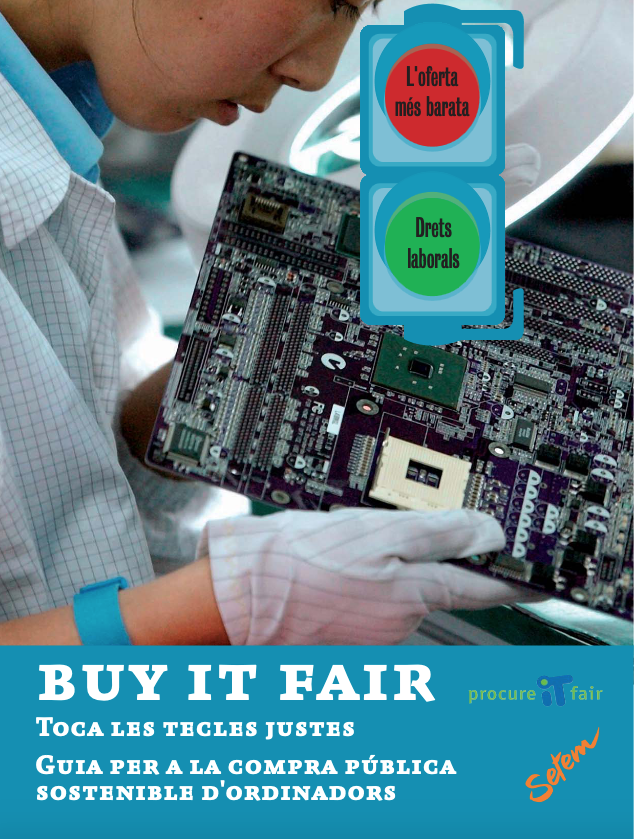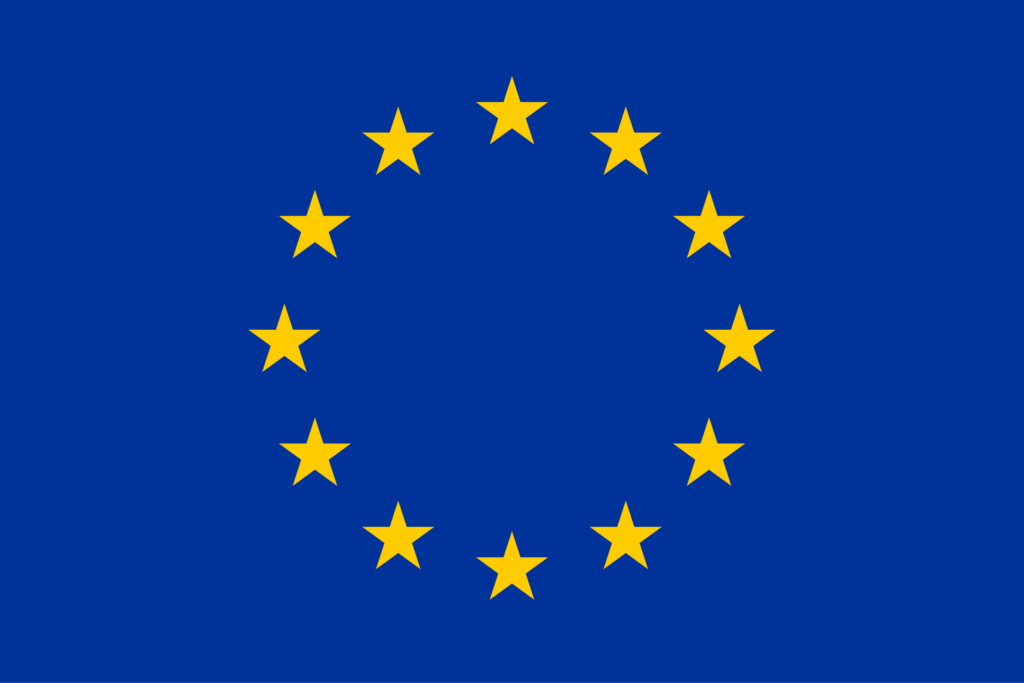The guide offers practical guidance for public administrations to incorporate sustainability criteria in all phases of a public competition, with special emphasis on social criteria.
The increasing digitalisation of public administrations has made computers increasingly an indispensable tool in all their offices and dependencies. For this reason, public institutions have become a very important client of large computer brands.
Every day more shopping departments are exploring new products and new acquisition techniques. This makes good ground for sustainable public procurement of computers. We hope that this guide will be a useful tool to be applied. The guide was published as an action of the European campaign “Procure IT Fair – Campaign for Sustainable Procurement of Computers”. It was drafted in collaboration with the ICLEI – Local Government for Sustainability (ICL – Local Governments for Sustainability).
→ Made by WEED.
→ With the support of ICLEI – Local Government
for Sustainability
→ Edition and catalan translate of SETEM Catalunya.
Working conditions in
production
In recent decades, the process of producing personal computers has been divided into many simple and standardized steps and has been located mainly in low-wage countries. In the Special Economic Zones of Asia and Mexico, many workers – most of whom are women who have migrated from the countryside to large cities – work hard in exchange for extremely low wages.
Toxic substances and
e-waste
According to a United Nations study, the production of a single computer requires 240 kilos of fossil fuel, 1,500 litres of water and 22 kilos of chemicals. Theextraction of metals such as copper, platinum or tin very frequently causes great ecological damage as well as serious violations of labour rights. Then, when these metals are processed to become computer components, the water and land pollution continues with copper, nickel and lead. In addition, highly toxic substances such as brominated flame retardants or solvents are applied during production.
Increased energy consumption
As a result, today, computers are used in all offices, a steady increase in the energy expenditure) can be seen. In addition, it is very common to use oversized equipment when a simpler technology would be sufficient for most of the tasks carried out. In this way, great energy savings could be made through smart grid solutions and a responsible purchasing policy of




